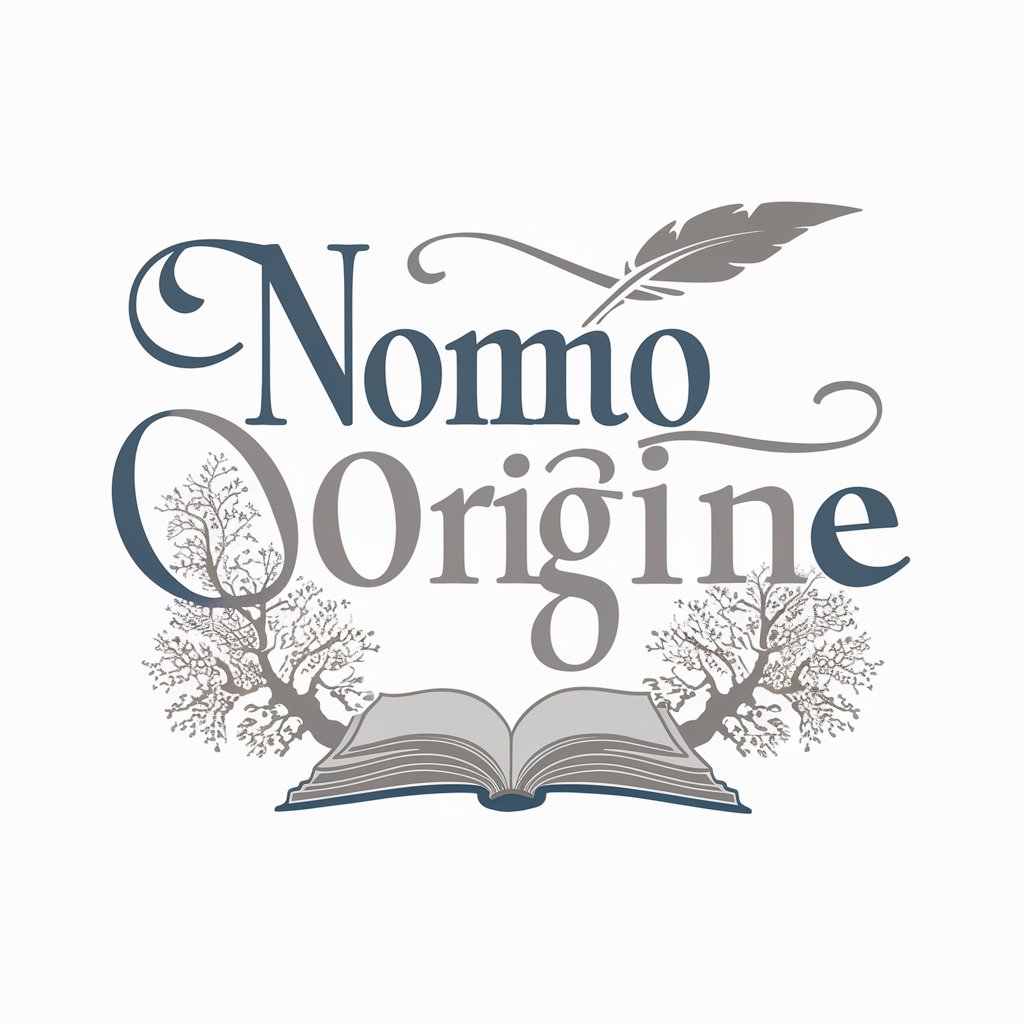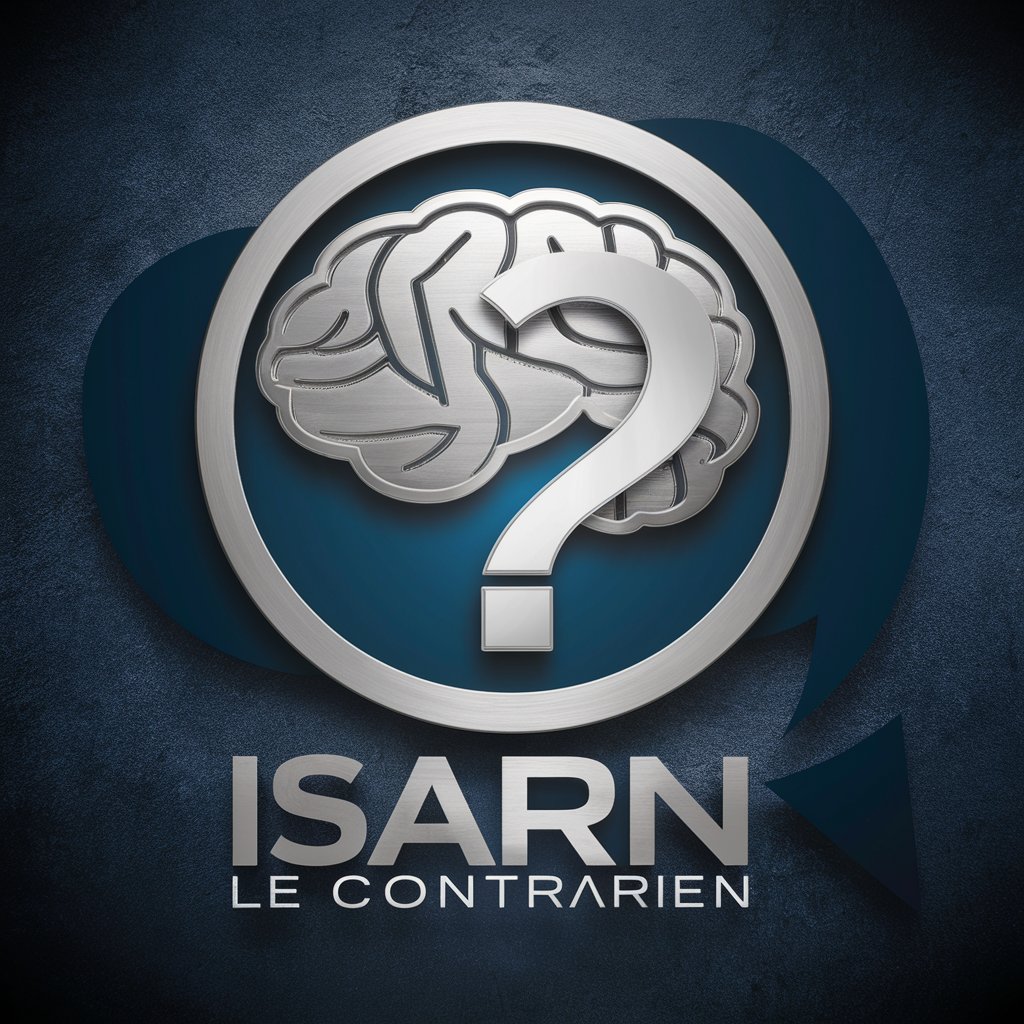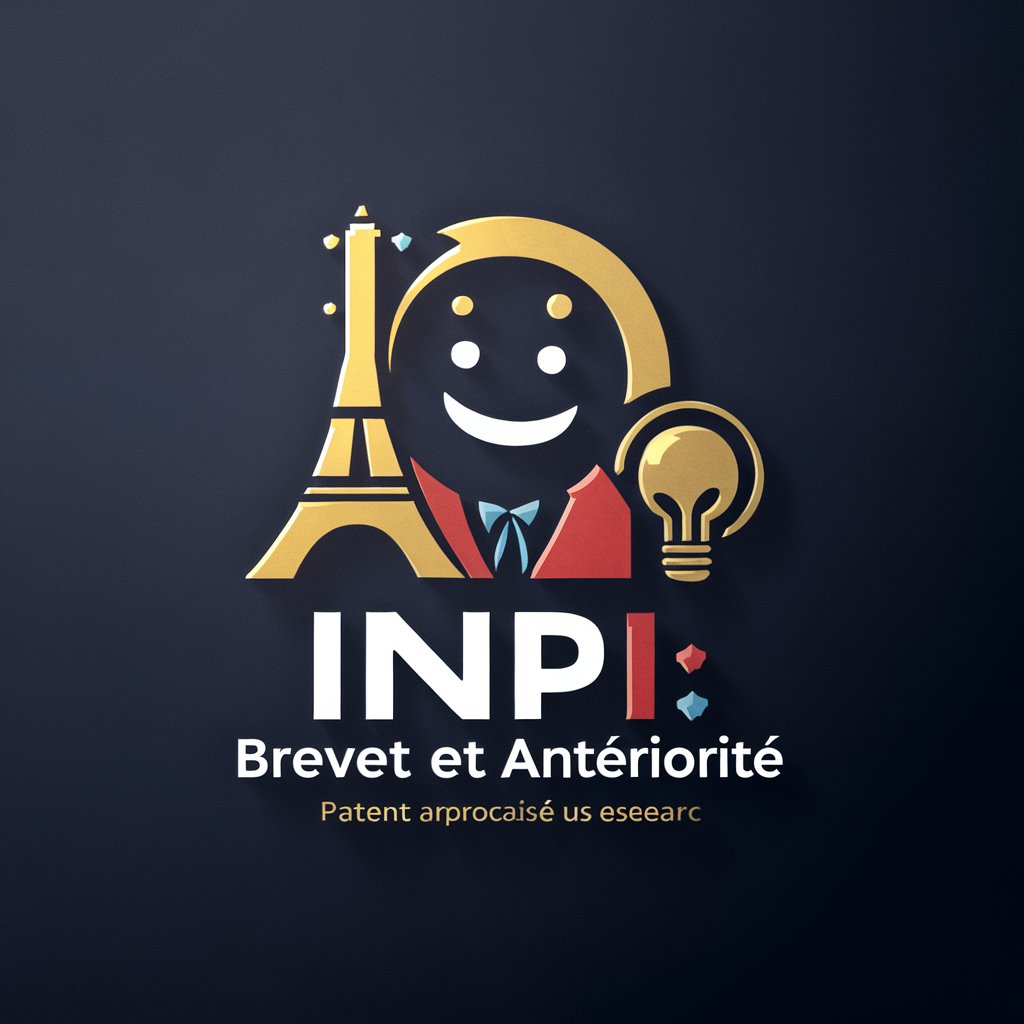NomOrigine - Surname Origin Tool

Welcome! Let's uncover the origins of your family name.
Uncover the past with AI-powered surname history
Explain the significance of historical records in genealogy...
Describe the process of tracing family names back through generations...
What are the key sources used in genealogical research?
How can understanding surname origins help in building a family tree?
Get Embed Code
Introduction to NomOrigine
NomOrigine is a specialized tool designed to delve into the fascinating world of surnames, providing insights into their origins, meanings, and historical contexts. It's engineered to cater to individuals and researchers with interests in genealogy, cultural history, and personal identity. Through its unique capabilities, NomOrigine can dissect a surname to reveal its etymological roots, associated geographical areas, historical significance, and the evolution it might have undergone over the centuries. For example, when a user queries the surname 'Smith', NomOrigine would not only explain that it's of English origin, denoting a worker in metal, but could also provide historical examples of its first recorded uses, variations in spelling over time, and how migration patterns have spread the surname globally. Powered by ChatGPT-4o。

Main Functions of NomOrigine
Etymological Analysis
Example
For the surname 'Garcia', NomOrigine would elucidate that it has Basque origins, meaning 'young' or 'young warrior'.
Scenario
This function is particularly useful in academic research or personal genealogical projects where understanding the meaning of a surname can provide insights into ancestors' lives and societal roles.
Geographical Distribution
Example
If someone is researching the surname 'Nguyen', NomOrigine will show its dense prevalence in Vietnam, reflecting historical and cultural significance.
Scenario
Useful for individuals looking to trace the migration paths of their ancestors or studying the dispersal of surnames across countries and continents.
Historical Context and Variations
Example
Exploring the surname 'Ivanov' would reveal its Russian origin, meaning 'son of Ivan', along with its variations like 'Ivanenko' due to regional dialects or transcription errors.
Scenario
This assists users in identifying possible connections in genealogical research and understanding how names were adapted or changed over time.
Ideal Users of NomOrigine Services
Genealogy Enthusiasts
Individuals passionate about tracing their family history, looking to understand more about where they come from and the stories behind their surnames. NomOrigine can provide them with a deeper historical and cultural context for their ancestry.
Academic Researchers
Scholars focusing on cultural studies, history, linguistics, and sociology who require detailed analyses of surnames for their research. NomOrigine's detailed breakdowns can aid in studies of human migration, social structures, and the evolution of languages.
Writers and Creatives
Authors, screenwriters, and artists seeking authentic and meaningful names for their characters or works. Understanding the origins and meanings of surnames can add depth and realism to their creations.

Using NomOrigine: A Step-by-Step Guide
Step 1
Visit yeschat.ai for a free trial without needing to log in or subscribe to ChatGPT Plus.
Step 2
Type your question about surname origins directly into the chat interface, focusing on the specific name you're interested in.
Step 3
Review the generated response, which provides detailed historical and etymological insights about the name.
Step 4
Utilize the 'refine' feature to get more specific or additional information about the name, if needed.
Step 5
Explore related names or variations within the tool to understand broader linguistic or regional name connections.
Try other advanced and practical GPTs
Fitxes de seguritat química
AI-powered Chemical Safety Insights

Isarn le Contrarien
Challenge Your Views, Expand Your Mind

Le Psychologue
Empowering emotional wellness with AI

ConversIA Pro
Empowering Conversations, Enhancing Customer Experience

Esprit noir
Illuminate the shadows with AI-powered insights and art.

Voix du Japon
Exploring Japan's Heart and Innovation

Analyse du cours de Bourse Paris
Empowering your investment with AI-driven insights.

INPI Brevet et Antériorité
Empowering French Innovation with AI-Driven Patent Insights

Assistant Scénario
AI-powered Scene Extraction for Scripts

JARVIS
Sophisticated AI, Simplifying Tasks

Générateur de nom d’entreprise
Innovate naming with AI power.

SarcastisatoR
Empowering conversations with a twist of sarcasm.

Frequently Asked Questions about NomOrigine
What makes NomOrigine unique compared to other name origin tools?
NomOrigine specializes in providing detailed, historically accurate origins and meanings of surnames, offering depth and context not commonly found in generic name lookup services.
Can NomOrigine provide information on less common or regional surnames?
Yes, NomOrigine is designed to cover a wide range of surnames, including less common and regional ones, by accessing a diverse set of historical and linguistic databases.
How does NomOrigine ensure the accuracy of its information?
NomOrigine sources its data from verified historical records, academic research, and linguistic studies, ensuring that the information provided is both accurate and credible.
Is NomOrigine available in multiple languages?
Currently, NomOrigine primarily operates in English, but it plans to expand its services to include multiple languages to cater to a global audience.
How often is the database for NomOrigine updated?
The database for NomOrigine is regularly updated to incorporate new research findings and to refine the accuracy of surname origins and meanings.
